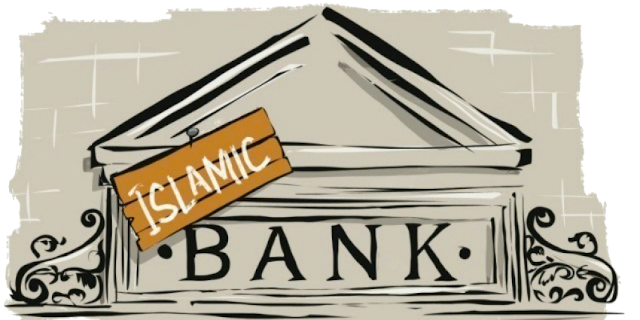Concept of Musharakah in Islam (Islamic Banking)
Musharakah meaning partnership, is an Islamic mode of finance in which capital is provided by two or more parties for project development. Banks can provide financing to a project with equity rather than a fixed-interest loan, which most pious Muslim consider haram (forbidden). The profits of the project are shared among the investing parties on the basis of their participation or on a pre-agreed ratio and the losses are shared on the basis of equity participation. The difference between Musharakah and mudarbah is that in Musharakah, all involved parties provide capital to share in the profit or loss of the project. In mudarbah, one party provides the capital and the other acts as an agent to invest it. The agent in a mudarbah does not share in the losses.
Equity finance is considered the backbone of Islamic banking. Yet, in the last two decades, debt finance, i.e., short-term Murabaha, has been the most popular mode of financing for Islamic banks. With the growing demand for long-term financing, some Islamic banks are beginning to get involved in providing Musharakah financing for projects. In 1997, the Saudi British Bank provided a U.S.$72 million Musharakah facility to the Abdul Lateef Jameel Group, Saudi Arabia, which provided financing to individual clients for the purchase of Toyota cars. The Musharakah is essentially unsecured funding and exposes banks to a higher risk than that faced through Murabaha or Ijarah, where the funding is secured by the asset. However, the risk in the Musharakah can be mitigated by choosing an appropriate security structure.
Areas of Application
Musharakah financing is very flexible and can be used to finance domestic industry, working capital finance and trade financing - imports and exports. Musharakah is good substitute for short term corporate facilities as provided by conventional banking in addition to overdrafts or running finance, short-term financing, bridge financing and/or project financing.
Difference B/W Islamic & Conventional Banking
- We selected two banks first is Faysal banks taken as the conventional banks representative
- Second one is Meezan bank as representative of Islamic banks,
Meezan Bank
MEEZAN was established as an Islamic Investment Bank in 1997 as “AL MEEZAN INVESTMENT BANK LTD”. First Islamic Commercial Bank’s license was awarded to Al Meezan Investment Bank in year 2002, They bought the local operations of “Society General” (French Bank) 03 branches. In 2009, Branch network of six dedicated Islamic banks increases to 480 branches (including sub-branches) Meezan Bank having a 42% share of the Islamic Banking branch network in the country. 201 branches in 54 cities across the country. Over 5.5% of the total Banking industry.
Similarities
- Conventional banking practices are concerned with "elimination of risk" whereas Islamic banks "bear the risk" when involve in any transaction.
- When Conventional banks involve in transaction with consumer they do not take the liability only get the benefit from consumer in form of interest whereas Islamic banks bear all the liability when involve in transaction with consumer. Getting out any benefit without bearing its liability is declared Haram in Islam.
Faysal Bank
Faysal Bank Limited was incorporated in Pakistan on October 3, 1994, as a public limited company under the Companies Ordinance, 1984. Currently, the Bank's shares are listed on the Karachi, Lahore and Islamabad Stock Exchanges. Faysal Bank is engaged in Commercial, Consumer, Corporate and Islamic Banking activities. The bank is principally engaged in providing consumer, corporate and investment banking services to its customers. The bank offers a wide range of consumer banking products and services which include deposit accounts, car loans, home loans and other consumer loans. It also provides treasury and capital market services and cash management services to its customers.
Balance Sheet of Bank





Comments
Post a Comment